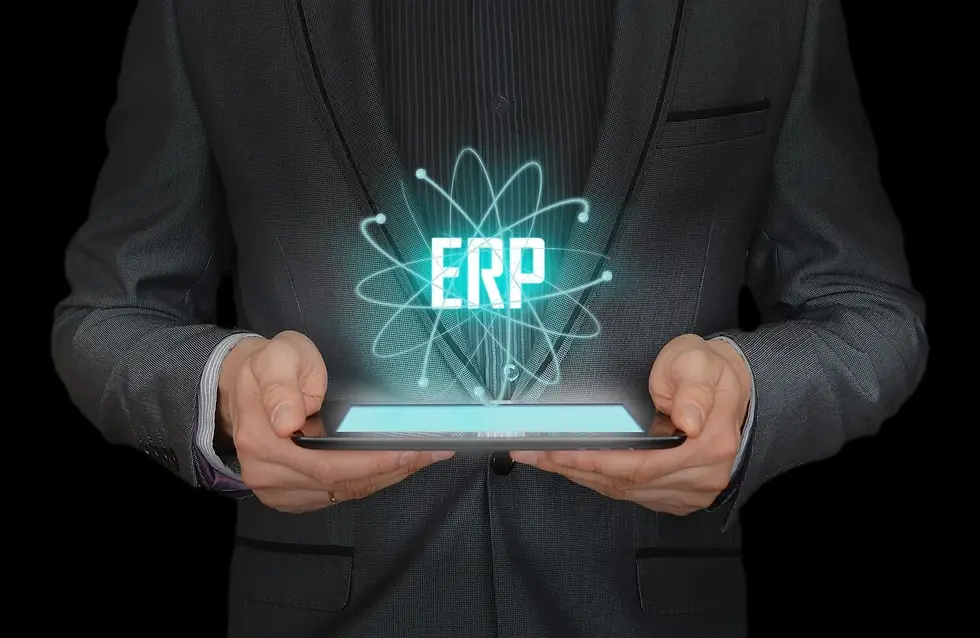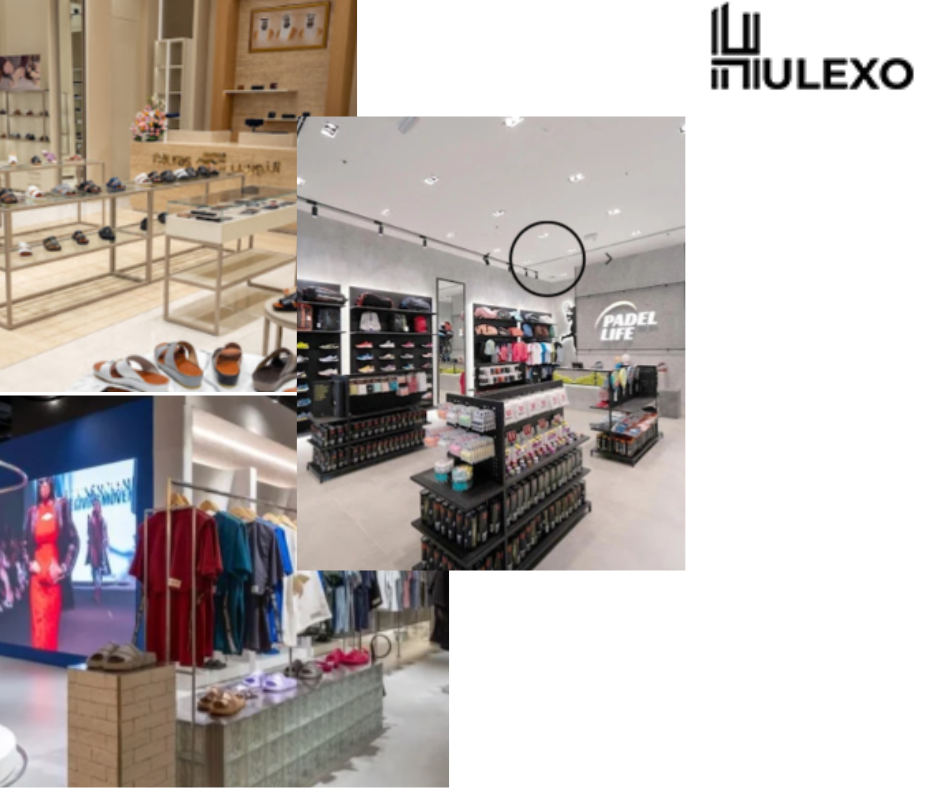Exploring Retail POS Systems: Features, Benefits, and Cost
- Hulexo ERP System
- Jul 18, 2024
- 3 min read
Updated: Mar 4, 2025
Dubai has a fast-paced retail environment. The choice of a Point of Sale (POS) system impacts business. Dubai is a center of innovation and commerce. Therefore, retailers here need advanced tools to stay competitive. This detailed guide examine what a retail POS system is. Moreover, it discusses their key features, clear benefits, and financial impacts.
Demystifying POS Systems
A point-of-sale (POS) system constitutes the central hub of any retail operation. This mix of software and hardware works well together. It efficiently manages many things. These include sales and inventory. A typical POS setup comprises several essential components:

Receipt Printer: This device produces transaction records for merchants and customers. It maintains transparency and helps accurate record-keeping.
Credit Card Reader: It is vital in modern cashless transactions. It processes many payment methods safely.
Barcode Scanner: This device speeds up checkout by quickly decoding product info.
Cash Drawer: Such enterprises still handle physical currency. They need a secure cash drawer.
Must-Have Features in Retail POS Systems
To truly elevate your retail game, look for these essential features in your POS software UAE system:
Robust Inventory Management
Retailers need a great point-of-sale system. It helps them run better and stay competitive. This system's main job is tracking inventory in real-time. It lets businesses monitor stock levels. It works across all sales platforms, such as online marketplaces, stores, and social media. This feature prevents stock depletion and waste by automatically subtracting sold items from inventory. This ensures the retailer avoids overselling.
Customer Relationship Management (CRM)
The POS system should serve as a CRM tool. It should keep a full record of customer preferences and purchases. This valuable data is key for making targeted marketing campaigns. They must resonate with customers and build long-term loyalty. A fashion boutique can use this information. It lets them offer personalized promotions to customers. These are the customers who consistently buy from a specific designer or category.
Comprehensive Reporting and Analytics
Data should drive decisions. This is crucial in retail. Informed choices greatly impact outcomes there. It must generate detailed sales reports.
The reports help find profitable trends. They also help predict peak sales times and find the top-selling products. For instance, a specific brand of jeans is in high demand during the back-to-school season. This fact can inform inventory and marketing strategies.
Omnichannel Support
A point of sale (POS) system that seamlessly combines these two worlds is no longer a luxury but a necessity. Think of a customer who browses products online. They add items to their cart and then visit a physical store to try them out. The POS system can't sync their online and offline activities. This makes the customer's experience fragmented. The retailer risks losing a sale. However, a single POS system makes sure that customer data, inventory levels, and sales records are always updated on all platforms. It provides a seamless experience that builds loyalty and repeat business.
Ironclad Security
Cyber threats are common. Hackers target businesses of all sizes and types. You must prioritize point-of-sale systems. They must have advanced security features. These features safeguard sensitive business and financial data. A key security feature is transaction encryption. It makes sensitive data, like credit card numbers and passwords, unreadable to unauthorized people. Fingerprints and face scans keep the system safe. Only approved people can get in.
Understanding the Cost Landscape
It is essential to see the cost of a point-of-sale system. The benefits are clear.
Initial Setup: This includes hardware costs like receipt printers and barcode scanners. For reference, basic setups can start around $500.
Monthly Subscriptions: Many POS providers operate on a subscription model. Prices can range from $30 to $300 per month, depending on the features and scale of your operations.
Transaction Fees: Some systems charge per-transaction fees, especially for credit card processing. These can range from 1.5% to 3.5% per transaction.
Hulexo: Dubai's Crown Jewel in Inventory Management
Hulexo beats its competitors in inventory management software in Dubai. This is mainly because it easily integrates with many point-of-sale systems. This feature makes it essential. It is a resource for retailers. They want to enhance efficiency. The software provides real-time inventory updates. It has smart restocking features and thorough reporting tools. These are all in an easy interface.
Choosing Your POS Wisely
Choosing the right POS software UAE is crucial. It can greatly affect a retail business's success. A good POS system boosts efficiency and keeps customers happy. It should track inventory, manage customer relationships, and provide clear data insights.
You must pick a point of sale (POS) system. It must fit your business's needs and growth goals. We must thoroughly evaluate many options. We must consider their total cost. Additionally, requesting demonstrations or trial periods is highly recommended.
Dubai-based retail businesses can effectively navigate a competitive market by using a good point-of-sale system, best ERP for Retail software, and premium inventory management software like Hulexo.



Comments